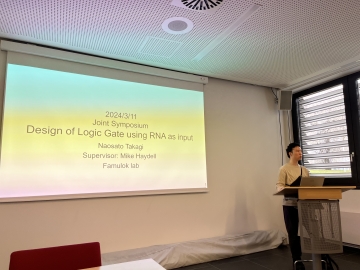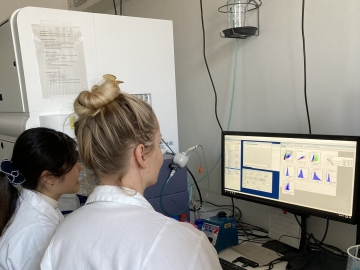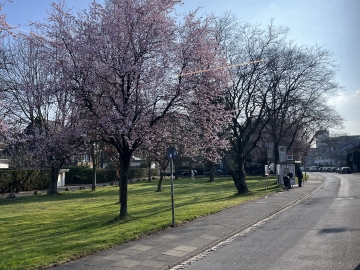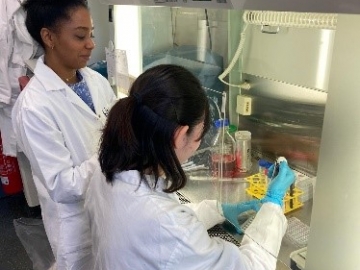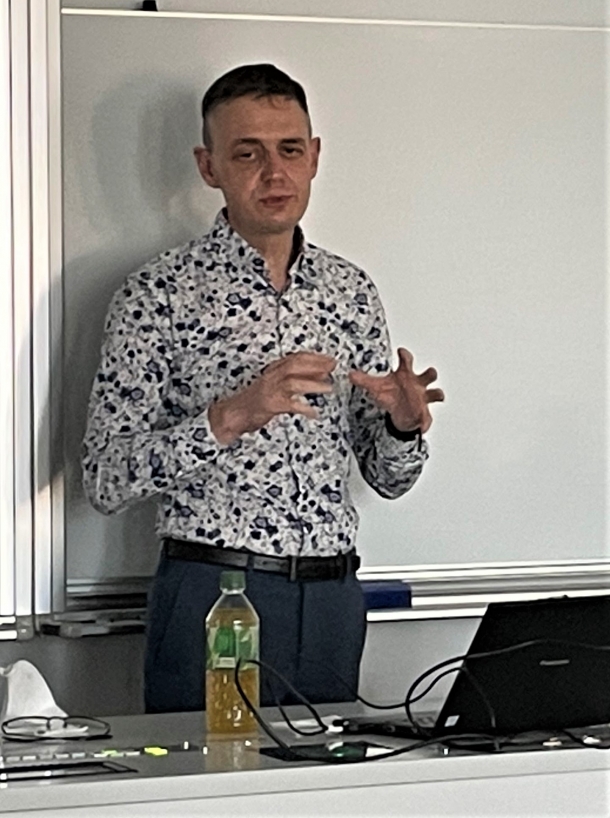
Steven Pickering 准教授
スーパーグローバル大学創成支援実証政治経済学拠点では、2023年1月12日にアムステルダム大学政治学部・計算社会科学プログラムのSteven Pickering准教授をお招きし、「Two Tales of Geo-Political Science」と題して地理統計を用いた政治学研究についてお話頂きました。
Pickering准教授は「No sushi, please, we’re British: Japanese restaurants, fish and ship shops and political behaviour」と題した最初の報告で、レストランと排外主義や他のさまざまな世論傾向を紐づける研究を紹介しました。具体的には、公開情報をもとに相関関係を示すにとどまるものの、排外主義的な態度が特定のレストランの集積する地域で多く(または少なく)なることを、英国やアメリカのデータを披露しながら解説しました。
次に「The right climate for conflict? Climate zones, organized violence and disease」と題して、今までアフリカの紛争データだけで行われてきた紛争と気象条件との関係をみる研究を、南アジアや東南アジア諸国に広げた研究の知見について報告してくださいました。アフリカと他の地域には顕著な差がある変数を発見しており、過去の研究がアフリカの知見だけによってきた問題点を示していました。
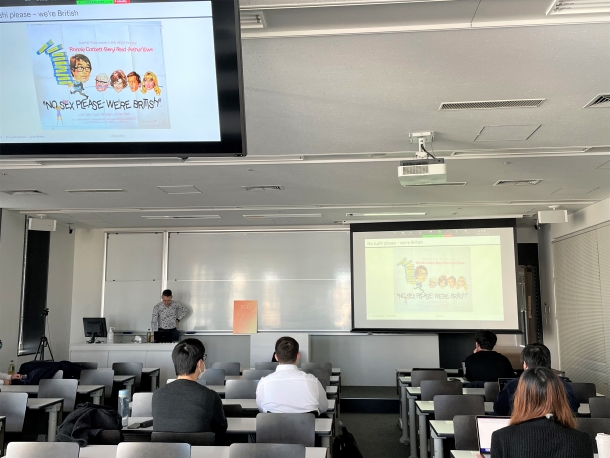
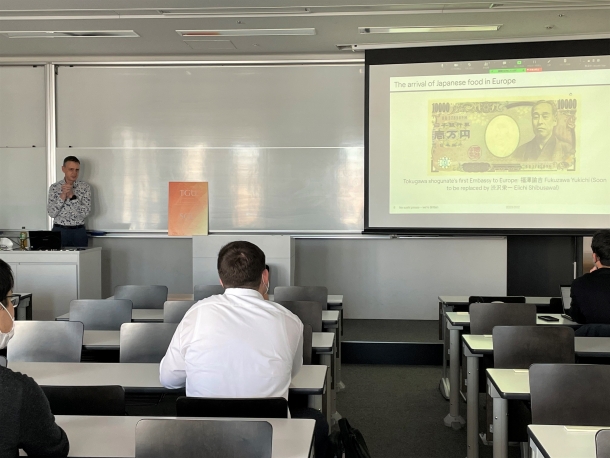
質疑応答はオンラインも含め非常に活発に行われ、終了後、学生からは以下のような感想が寄せられました。
- 地理情報データを具体的に利用して政治学の分析に応用できる可能性を実体験できて楽しかった。
- 自分も地理情報を用いた社会科学分析をしてみようという思いを得た。
- レストランと政治を結びつける発想がとても面白かった。計算社会科学の可能性を理解できた。
概要
“No sushi, please, we’re British: Japanese restaurants, fish and chip shops and political behaviour”
When it comes to food, “no two countries are more unlike than England and Japan” (Ikeda 1956, 104). Indeed, 蓼食う虫も好き好き。 This may explain why Japanese restaurants are uniquely well-suited to explain the political geography of the UK. This paper shows that of the 63 different types of restaurant found in the UK, Japanese restaurants are better able to explain the distribution of anti-Brexit votes and anti-Donald Trump sentiment than any other type of restaurant. Moreover, Japanese restaurants are found in healthier areas, with lower levels of heart disease, epilepsy and pulmonary disorder. These areas are also more educated and more ethnically diverse. The opposite is the case for fish and chip shops, which are the yang to the Japanese restaurant yin.
“The right climate for conflict? Climate zones, organized violence and disease”
Existing research on climate change and organized violence has focused primarily in Sub-Saharan Africa. a region particularly vulnerable to climate variability and high levels of concertation of organized violence. Other regions such as South and South-East Asia have similar climates as sub-Saharan African countries, yet show much variation in conflict over time. There are few attempts to examine how other political and economic factors affect the relationship between climate and change to organized violence outside sub-Saharan Africa. We argue that the impact of climatic variation on conflict is shaped by other environmental factors such as prevalent communicable diseases and levels of urbanization in shaping local institutions. In our paper we compare such dynamics in the regions of sub-Saharan Africa and South-Asia. We bring together disaggregated data on organized violence with climatic data, such as frequency of droughts and other extremes, and also analyse georeferenced disease data, such as the parasite rate, incidence and mortality rates of malaria (Plasmodium vivax and Plasmodium falciparum). The paper aims to test the extent to which disease interacting with other environmental factors inhibits the opportunities for actors to engage in organized violence.
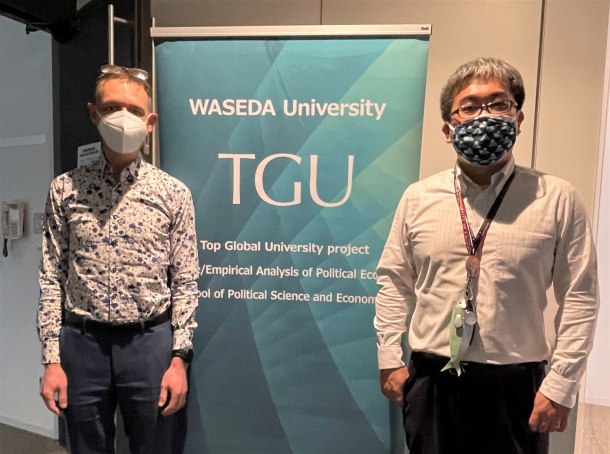
(左から)Steven Pickering 准教授と多湖淳 政治経済学術院教授
